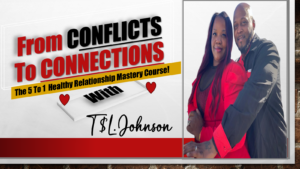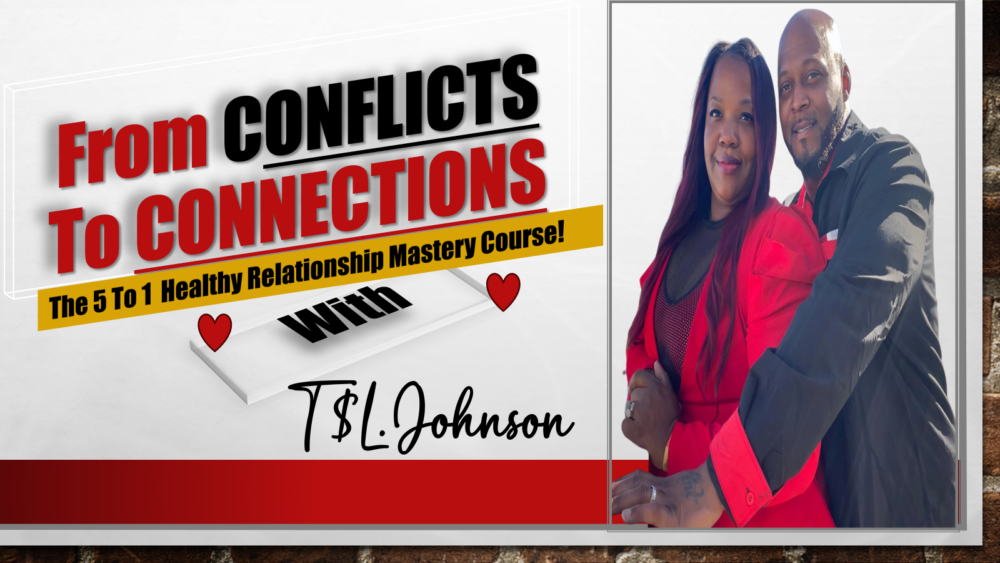Words Shape Our Reality
Understanding the Power of Words
Every day, we engage in conversations that make up the fabric of our lives. It’s incredible to think how a single word can change the course of our day. I’ve seen it happen firsthand—a well-timed compliment or a thoughtful piece of advice has completely shifted not only my mood but also my perspective on a situation.
When I refer to the power of words, I’m stressing how they can uplift or deflate us. Words have a vibration; they carry energy that can influence our feelings and even our self-perception. For example, have you ever noticed how a motivational speech can leave you fired up? That’s the magic! It’s the impact that words can have on our inner dialogue.
In the learning moments of my life, I often reflect on the wisdom shared through words. That’s why it’s so important to choose words carefully, as they have the strength to build or destroy. Learning to harness this power has become crucial for me as I share my thoughts with others.
The Importance of Clarity
Communicating Effectively
Let’s face it, clarity is vital in communication. I’ve stumbled through misunderstandings too many times to count, typically due to poor word choices. Crafting clear messages can help eliminate confusion and ensure the intended message is conveyed. It’s all about respect—respect for your audience and respect for their time.
Take, for instance, writing emails. How often have you received something so vague that you had to read it multiple times to understand the point? Clarity doesn’t just save time; it builds trust. When I communicate plainly, I feel more connected with the person I’m talking to, as if we’re on the same wavelength.
Moreover, being clear compels me to be confident. When I know what I want to say and articulate it well, it gives me this great feeling of authority and assurance. People tend to appreciate directness—it’s refreshing and often leads to productive conversations.
Empathy in Communication
Connecting on a Deeper Level
Empathy is a game changer whether you’re having a casual chat or tackling sensitive topics. I’ve learned that understanding where someone else is coming from helps me choose the right words. It fosters a connection that makes all the difference in any conversation. There’s a certain respect I feel when I put myself in another’s shoes, and it allows me to be more sensitive to their feelings.
One time, a friend was going through a tough time, and instead of saying, “I know how you feel,” I chose to listen and validate her feelings. My words reflected more compassion than ever before, which helped deepen our relationship. When I speak from a place of empathy, it transforms the dynamics of communication. People feel safe to be vulnerable, which is a huge step towards honest dialogues.
Being empathetic also inspires me to articulate my thoughts in ways that consider the listener’s emotions. It’s not just about conveying facts; it’s about creating a safe space for expression. This approach has been invaluable and has enriched my interactions extensively.
The Art of Persuasion
Influencing Others Responsibly
Ah, persuasion! It’s an intriguing dance that involves influencing others while still being respectful. I’ve picked up a few tricks over the years that have made a significant impact on how I communicate my ideas. It’s essential to remember that persuasion isn’t about manipulation; it’s about inspiring change constructively.
Think about it—when I want to convince someone, I share my own experiences and not just cold hard facts. Personal stories resonate more because they evoke emotions. If I can make someone feel something, my chances of persuading them increase substantially. I’ve learned to frame my ideas not just logically, but emotionally as well.

However, ethics must play a huge role in persuasion. I’ve always believed in being honest and transparent when I’m trying to win someone over. Integrity is key. If I’m genuine and trustworthy, then my words carry more weight. And believe me, that creates a foundation for lasting influence.
Words as Tools for Change
Inspiring Actions Through Language
Language is perhaps one of the strongest tools we possess when it comes to driving change. In my professional journey, I have seen how powerful speeches or compelling written pieces can mobilize communities. When I convey a message that illuminates an issue, I feel empowered to instigate change—it’s euphoric!
One memorable instance was when I joined a campaign that advocated for mental health awareness. The words we used in our promotions were crucial; they needed to resonate with people, to make them feel seen and understood. Every phrase was chosen strategically to inspire action, so they could relate and join the cause. That experience highlighted how essential language can be in stirring social movements.
Moving forward, I make a conscious effort to consider how my language can contribute to positive change. From social media to public speaking, I want my words to motivate others to advocate for issues they care about. So, when I’m engaged in conversations or campaigns, I remember that my words carry the potential to shape thoughts and influence behaviors.
Conclusion
Words truly matter, folks. They serve as powerful vehicles that drive our lives, connections, and the world around us. By understanding their impact, being clear, empathetic, persuasive, and using them to inspire change, we can become more effective communicators and collaborators. So, let’s hold onto those words dearly—after all, they hold the key to so much of our human experience.
FAQs
1. Why is it important to choose words carefully?
Choosing words carefully helps to avoid misunderstandings, build trust, and ensure that the intended message is conveyed effectively. It shows respect for the person you’re communicating with and can lead to more productive conversations.
2. How does empathy enhance communication?
Empathy allows you to connect with others on a deeper level. By understanding and validating someone’s feelings, you create a safe space for open dialogue, which can foster trust and create lasting relationships.
3. What role does storytelling play in persuasion?
Storytelling in persuasion is vital because it evokes emotions and makes the message more relatable. Personal experiences resonate with others and can inspire them to take action or change their viewpoint.
4. Can words really drive social change?
Absolutely! Well-chosen words can mobilize communities and inspire collective action. Language has the power to shed light on issues and motivate people to advocate for change.
5. How can I become a better communicator?
To improve your communication skills, practice being clear and concise, listen actively, show empathy, and pay attention to the emotional weight of your words. Continuous self-reflection will also help you grow and adapt your communication style.

Schedule Your First 20-Minute Coaching
Call With Us Today to see if we fit . You pick the price!
Click Here




